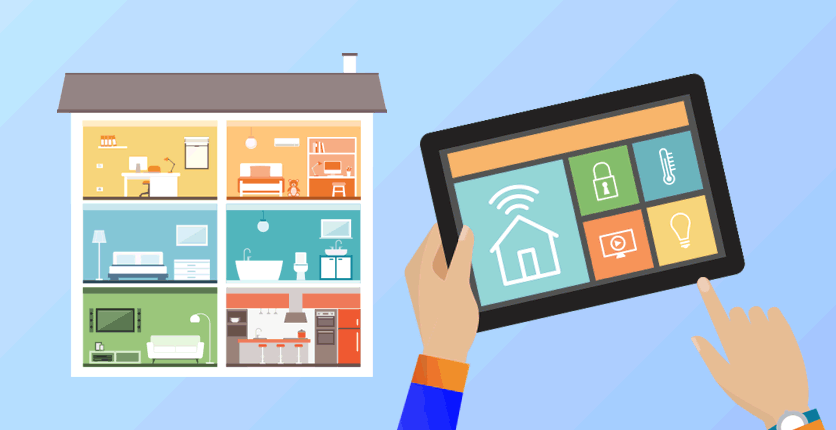Certain habits, like leaving the tap on while brushing your teeth or forgetting to turn off the lights before leaving the house, don’t just lead to a waste in resources; they can also cost you money. Leslie Koh, Head of Sustainability and Strategy at the Singapore Environment Council (SEC) shares some ideas for saving these precious resources – by being a more mindful and responsible energy user.
Q: When choosing an affordable and “green” electricity plan, what should we look for?
Leslie: There are several power resellers that households can buy their electricity from. Besides just choosing plans that are competitively priced, you should look for providers that supply renewable energy as part of their package. This helps to reduce carbon emissions.

Q: How do energy-efficient appliances help a household save energy and money?
Leslie: Under the National Environment Agency’s mandatory energy labelling scheme (MELS), selected electrical appliances sold in Singapore – such as lamps, refrigerators, TVs and air-con units – are required to be energy-efficient. These products must be labelled with a sticker indicating a certain number of “ticks”. The number of ticks ranges from one (least energy-efficient) to five (most energy-efficient). The amount of energy saved, in kWh, using one of these products is the difference between the energy used by the new product compared to the existing one in use. The total energy saved is the sum of all the new products versus the existing ones.

Q: An LED bulb consumes up to 75% less energy and also lasts much longer than incandescent bulbs. How much can we save per year, on average, by switching to LED lights at home?
Leslie: Assuming you replace all existing bulbs with LED ones, the savings in energy is the total energy used, in kWh, during a year by all the LEDs installed in the household, multiplied by 0.75.

Q: What are some other practical ways to save energy – and therefore money – at home?
Leslie: Drying your clothes in the sun instead of using a dryer, washing your clothes with cold water, and setting the timer on the air-con unit to turn off during the night or during cooler periods, are just a few simple ways to save energy and reduce your utility bills every month. You can also purchase appliances with more MELs ticks, use natural ventilation and natural light as much as possible, install sunscreens, and use a fan instead of an air-conditioner.
Q: How do water-saving kits save water and lower our water bill?
Leslie: These kits typically contain strainers that restrict water flow across sections of water devices such as taps, thus limiting the amount of water flowing through these devices.
Q: How can home automation – or having a “smart” home – save energy?
Home automation devices help conserve energy by only switching on devices when needed, for example, motion sensors that can detect when someone enters a room before automatically switching on the lights, and switching the lights off when the person leaves the room.
Share your top energy saving tips with us at magnsman@sph.com.sg!







